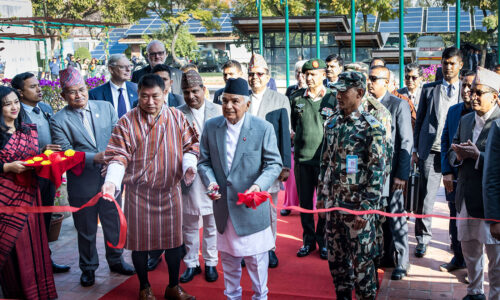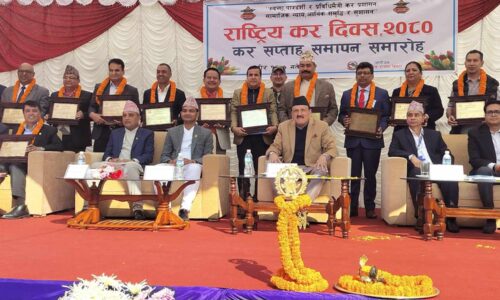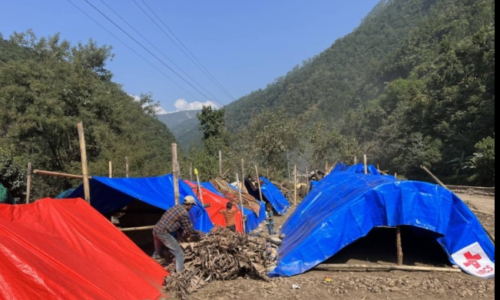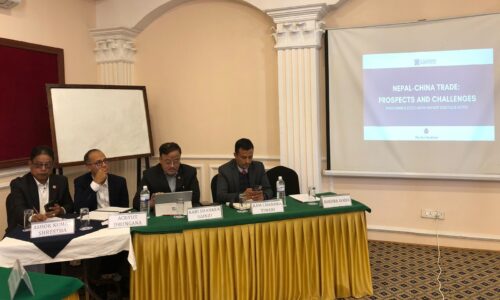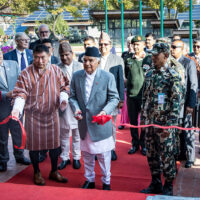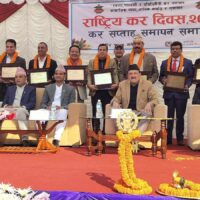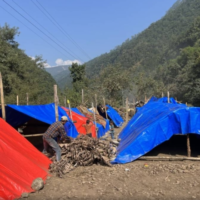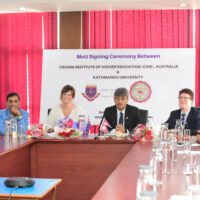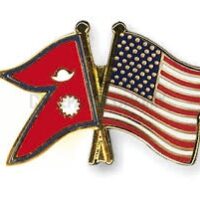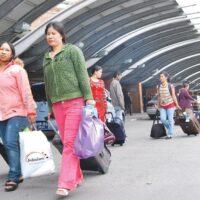New Delhi: Violence against women in politics is rampant in South Asia according to a recent study.
The study ‘Violence against Women in Politics’, conducted by Centre for Social Research and UN Women revealed that the insufficient implementation of laws, lack of support from police and judiciary, low awareness about politics and overall decline in ‘moral’ values are the major reasons for violence.
The study conducted in India, Nepal and Pakistan and analyses incidents of violence that occurred from 2003 to 2013 was aimed at addressing the nature, extent and reasons for violence that inhibits women’s political participation.
Some 800 respondents were interviewed including election commission officials, police, contestants, and families in urban and rural areas for the study that found that while the percentage of female voters and women candidates fielded by political parties has increased in all three countries, the percentage of female representatives in national bodies has decreased. The study also finds that more than 60 per cent of women do not participate in politics due to fear of violence.
“Almost 90 per cent of women in these countries feel that violence breaks their resolve to join politics,” said representative of UN Women’s Office for India, Bhutan, Maldives and Sri Lanka Dr Rebecca Reichmann Tavares.
“From our comprehensive review of laws on violence against women, it is clear that none of the three countries has legislation that deals strictly with offenders to prevent violence against women in politics,” she said, adding that they know that where laws are in place, prevalence tends to be lower and fewer people think that violence against women in justifiable.
Except for a few chosen female politicians, most of the elected female representatives have a limited or marginal role in important discussions within their political party.
“South Asia is home to one-fifth of the worlds’ population and one third of South Asian women experience violence throughout their lives which is also a common feature of South Asian politics,” Director at the Centre for Social Research Dr Ranjana Kumari said. “Candidates, their families as well as voters have routinely faced violence during elections,” she said, adding that the violent nature of politics within South Asia often deters women from participating within the political sphere.
The study also confirmed that the existing cycle of violence is also fuelled by current power structures and gender discrimination. “Almost 50 per cent of respondents felt that the decision on a woman’s participation in electoral politics should be taken by her family,” the study revealed, adding that some 90 per cent of respondents felt that women should not ignore domestic responsibilities and that violence against women within a family increases when women are unable to fulfill domestic responsibilities. “Some 60 per cent of respondents felt that police do not respect women’s rights and most cases go unreported leading to a higher number of cases of violence against women.”




